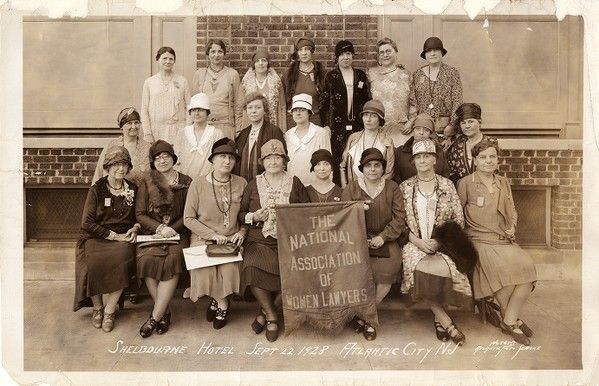NAWL Joins FVAP in Request for Publication re: DVRO
June 6, 2022 -- NAWL joined the Family Violence Appellate Project ("FVAP"), along with 31 other co-signers, request for publication of 1st District Court of Appeal Case A.C. v. M.N.
Case Summary
Wife and Husband each sought DVROs against the other. Wife’s request for a DVRO was granted based on the Court’s finding that Husband had engaged in a pattern of harassment and intimidation, including pressuring her to perform or agree to perform sexual activities and threatening to take the children away from her if she would not agree to his sexual demands. By contrast, Husband’s request was denied, based on findings that Wife’s actions, such as kneeing Husband in the groin and slapping him, did not constitute domestic violence because they were in response to Husband’s other threatening actions, which included trapping Wife in a room and taking her phone away. Husband appealed.
Reasons Supporting Publication
It provides a good example of how trial courts should evaluate dueling allegations of abuse. Specifically, it focuses on examining the allegations not in isolation (e.g., wife kneeing husband in the groin) but rather in context of the other allegations (e.g., husband’s threatening behavior and preventing her from leaving the room).
It would be the first case to explain that in some circumstances seeking a DVRO may itself be abusive. Here, the opinion explains that Husband only sought the DVRO after Wife made it clear that she would not agree to comply with Husband’s sexual demands. As such, it was filed with the purpose to harass wife.
It clarifies that an abuser’s use of an audio recording “as leverage” against a victim may constitute harassment. Husband had recorded Wife admitting that she kneed him in the groin. The appellate court held that this recording was made, at least in part, to exert his control over wife. In particular, Wife can be heard on the recording “expressing her belief that Husband would use the recording to try to gain custody of their children should she seek divorce.” The circumstances also suggest that Wife “felt pressured to agree to being recorded” because she wanted to go to sleep, and she felt that Husband was using a prior domestic incident, discussed on the recording, as leverage for custody purposes.



